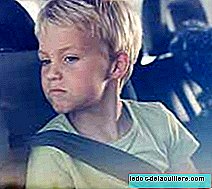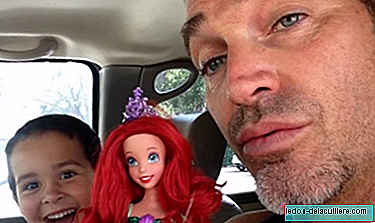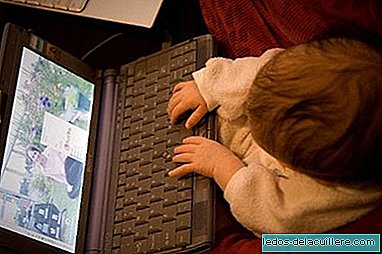
It is very common for children to get dizzy during long road trips. In fact, it happens to almost half of children between 2 and 12 years old.
Before two years it is rare for them to happen, but from that age their sensitivity increases significantly and they are more likely to suffer nausea and dizziness in cars, boats or planes.
The disorder is scientifically called motion sickness and is caused by the continuous accelerations and decelerations of the vehicle affecting the sense of balance, which receives contradictory signals from different sensory centers.
You may notice symptoms such as paleness, sweating, continuous yawning and vomiting, so it is better that you carry in the car some bags and a change of clothes for the child just in case. Although it is something that cannot be avoided, there are some recommendations that you can follow such as not feeding the child before the trip. And if it is absolutely necessary because the trip is very long, give light meals.
Other things you should do: keep the car ventilated. If the child understands, try to look at a distant fixed point, without moving his head. Avoid reading. Keep it entertained with a toy or game, sing, play music. (See tips for traveling by car with children).
Before giving any medication, consult your pediatrician. There are gum and candy that are given from 3 years to avoid nausea and dizziness or you can also resort to homeopathy.
Try to make frequent stops every two to three hours. If the child feels like vomiting, stop in a safe place and let him get a lot of air.
If you vomit, drink small sips of water or a drink with sugar.












